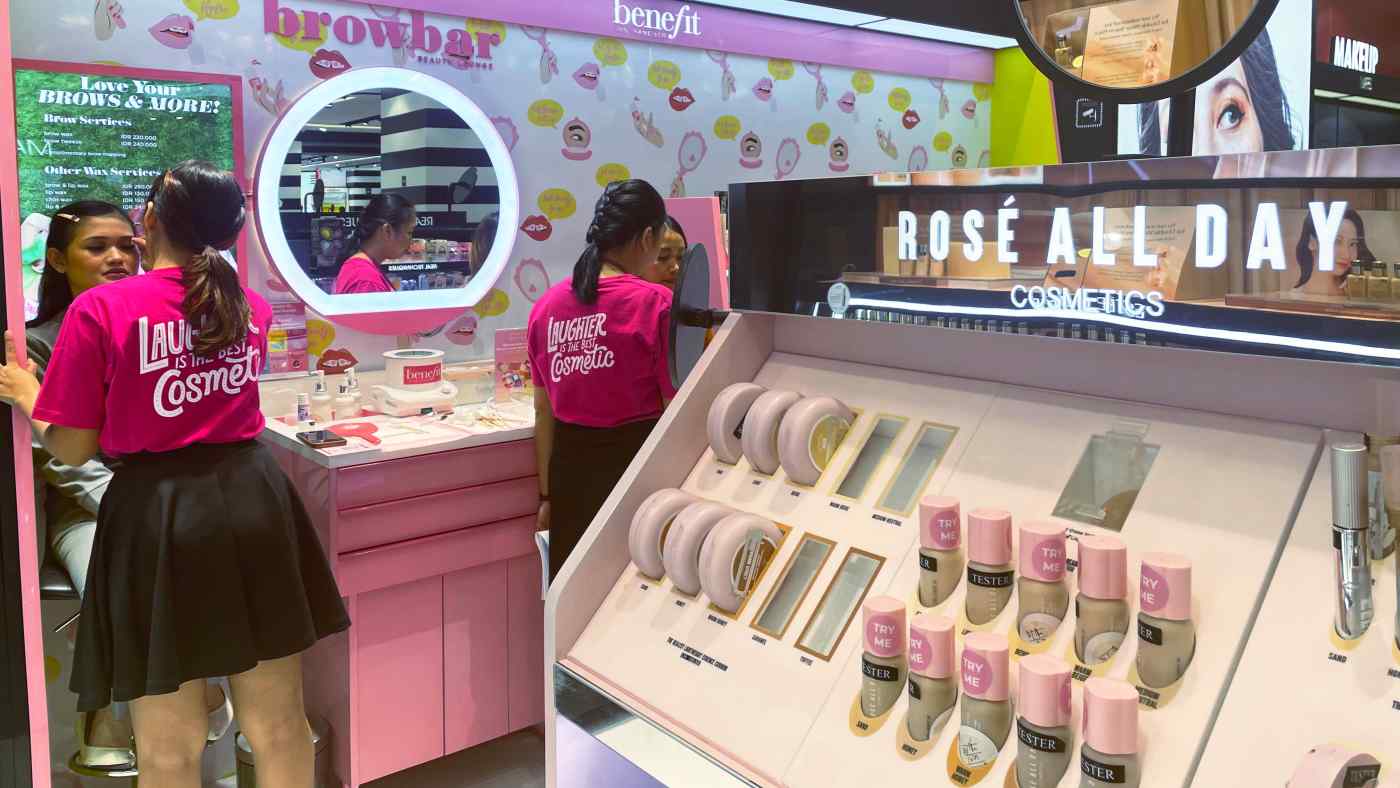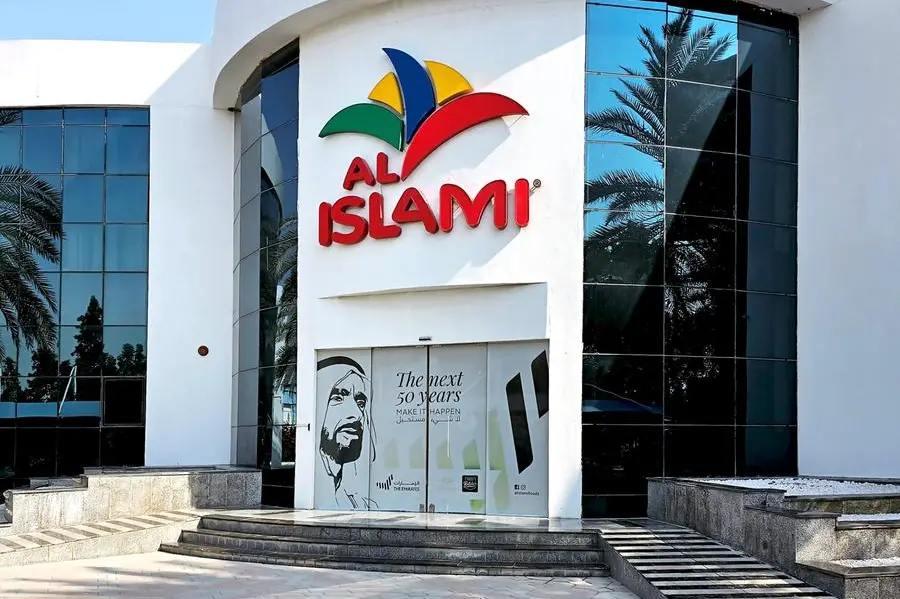If Muslim products stand a chance of going head-to-head with their Westernised counterparts, they need ethical branding and mainstream global positioning, writes Josh Colley.
“Every product in the Muslim market is a mainstream product.” On paper it seems so simple. In practice, however, the number of Muslim brands managing to marry the ethics inherent within the religion with the capitalist beliefs that typify the Western world are few and far between.
For JWT Middle East chairman Roy Haddad, the issue is one that can appear more complex than it actually is. “Whether it [a Muslim brand] will be accepted in the West depends on how you position it and how you market it against the competitive brands,” he says.
Global relevance
Muslim lifestyle network Muxlim maintains a global perspective by pulling together relevant content from around the world. With more than 20 million unique visitors each year and around 20 million monthly ad impressions, it is labelled the ‘Facebook of the Muslim world’. International advertisers such as MoneyGram and Wilson Basketball look to it to reach a global Muslim audience.
Muxlim’s rapid growth and global positioning can be traced to its Finnish roots and Egyptian entrepreneur Mohamed El-Fatatry. It has been ranked the second most-recognised Finnish brand behind Nokia and its English language reach now extends across 15 European markets. It has certainly helped sports manufacturer Wilson become one of the most popular brands in its sector. A tie-up between the two parties offers users the chance to track Muslim basketball players from different professional leagues.
Transcending religion
It isn’t just the internet that is helping Muslim brands grow. The ethical expectations placed on food production has aided the likes of confectionary specialist Bateel expand across 25 markets, as Muslim consumers look to purchase halal food with confidence. This growth has facilitated an expanded offering across four continents, including dedicated cafés.
Building on Muslim consumers’ desire for a Sharia-compliant product is another vehicle that brands are using to help separate themselves in competitive industries. Islamic businesswoman Layla Mandi’s OnePure beauty products look to instil ethical principles at the heart of its products. So far, the brand has stores in Eygpt, Saudi Arabia and the UAE, and it has deals to place its products in French department store Galeries Lafayette. A travel range is also available on Saudi Airlines.
For Haddad, the one thing that connects the growing success of these brands is the fact that their model transcends any notions about religion. “I’m a great believer that absolutely everything goes back to understanding the consumer. It can be a Muslim consumer or a Christian consumer,” he says. “I’ve never heard of Christian marketing actually. If you’re not relevant to the consumer, you don’t stand a chance. It’s true all over the world.
M&M VIEWPOINT
It’s easy to make the hurdles and challenges that lie ahead of a business seem greater than they are. The Muslim market offers as diverse a market as any brand is likely to face, whether they’re looking to attract Muslim consumers or open themselves to a wider market. The key for any brand is to follow the same processes they would for any audience and deliver a product that meets expectations.
Josh Colley, London
Muhammad El-Fatatry CEO, Muxlin Inc, will be speaking on ‘Reaching the Muslim Consumer with Digital Media’ at the World Halal Forum Europe in London on the 10-11 November at Earl’s Court Convention Centre.



